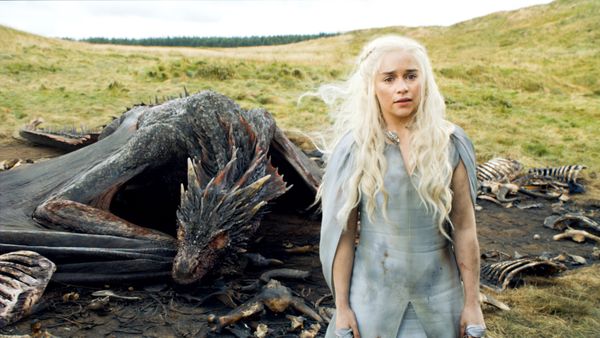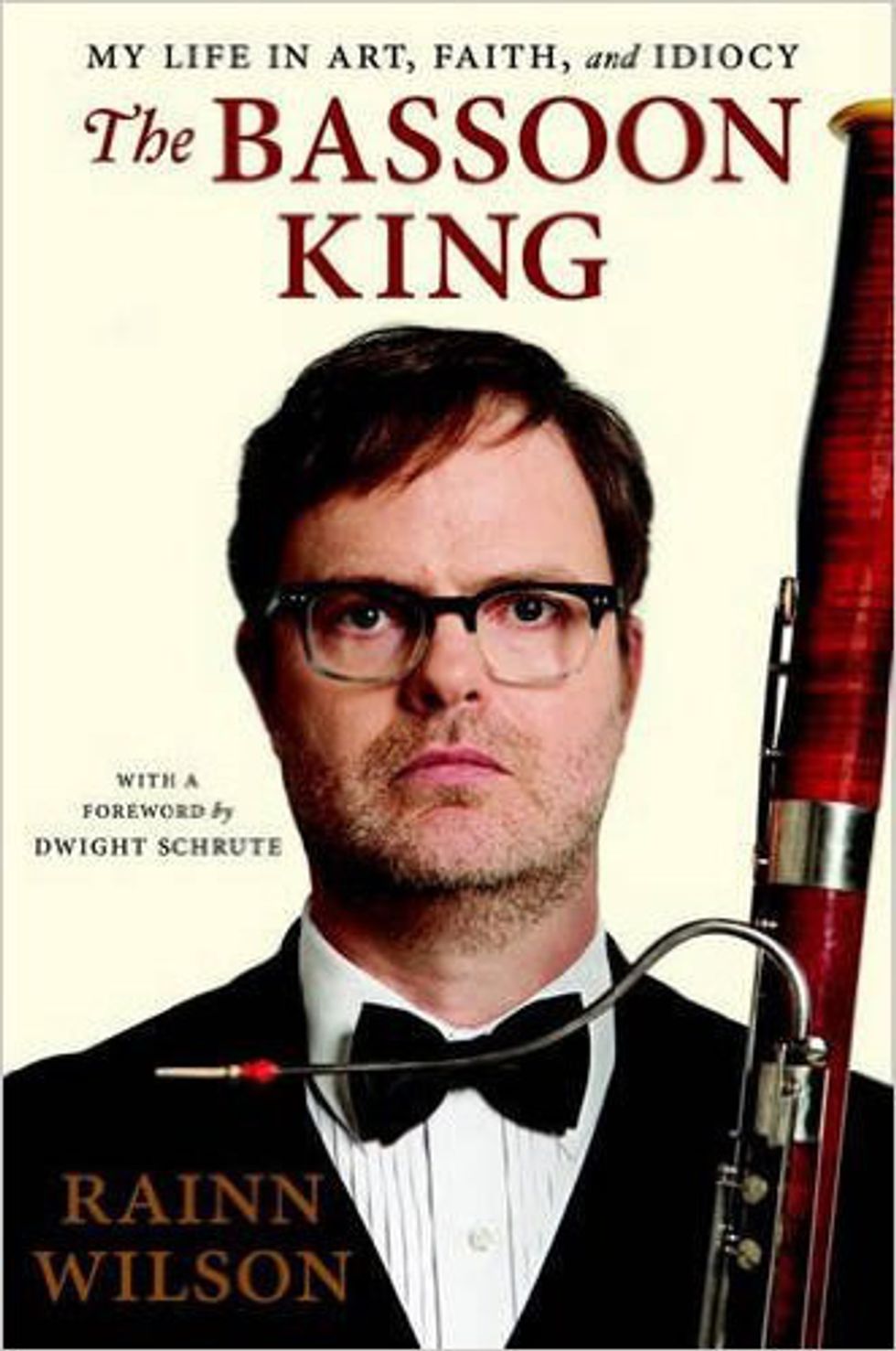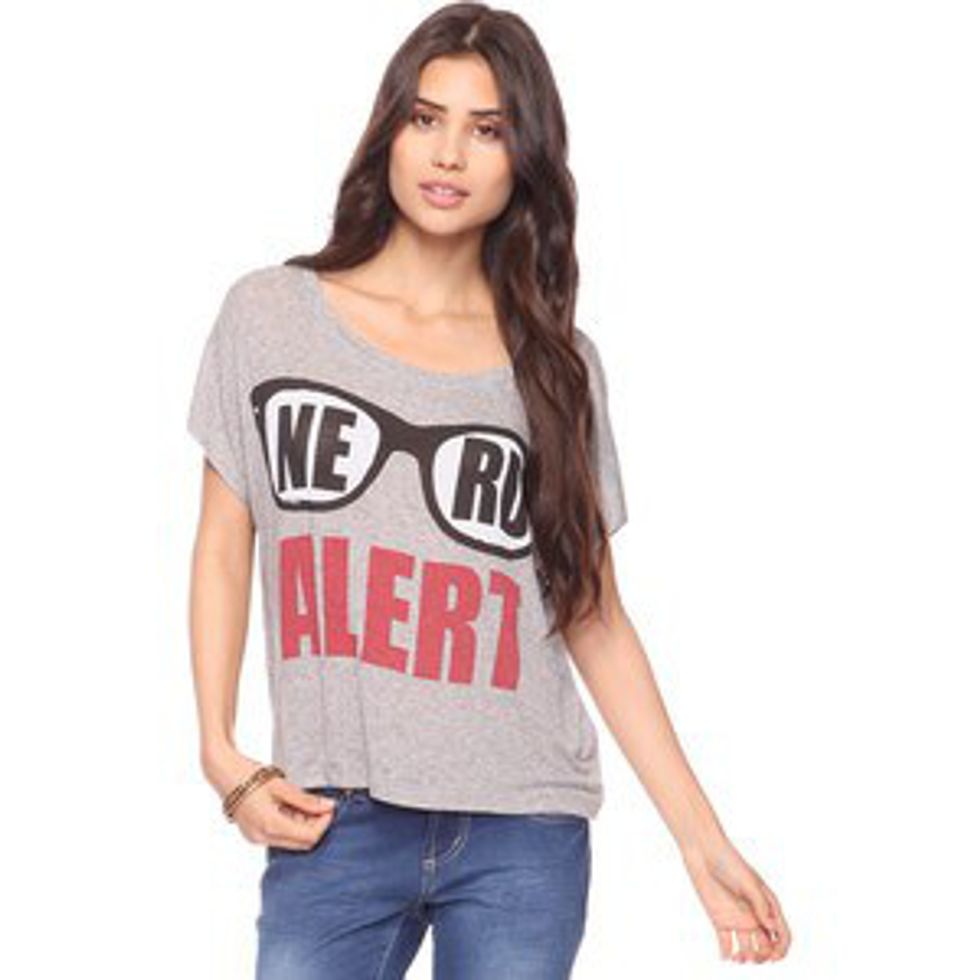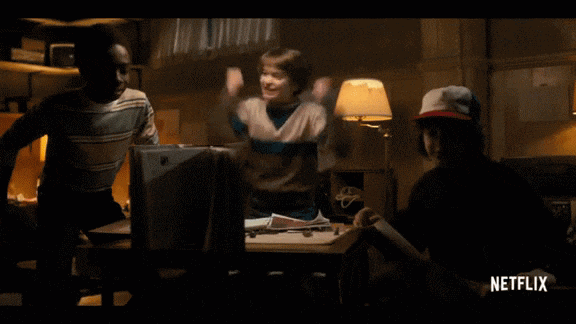“I was bone-numbingly nerdy before there was even a modicum of cool attached to that now overappropriated, worn-out word. In the early eighties, being a nerd meant you were reviled… There were no nerd CEOs or TV hosts or rock stars or actors or billionaires…There were only the unwashed, cerebral misfits who slipped quietly into the side doors of the school and skirted along the lockers, trying to avoid any sudden move or eye contact that would result in a beatdown from a jock, stoner, or popular kid. It was life literally living inside a John Hughes movie.”
—Rainn Wilson, “The Bassoon King”
The above quote is printed on the back cover of Rainn Wilson’s book, “The Bassoon King.” As a fan of Wilson’s work as Dwight on “The Office” and his production company, Soul Pancake, I was quick to scoop up a copy. But this piece is not about Rainn’s book, but rather the content of that quote. I enjoyed the read, but this one section has been nagging at my head since I’ve read it, and after a year, (and a season of “Stranger Things”) I believe I finally know how to respond.
I’m not going to contest the type of bullying that nerds underwent in the mid-seventies, which is the time period Wilson referred to whilst writing that particular section. I’ve never had “the crap kicked out of me,” or been physically beaten to such an extent.
What I am going to argue, rather, is the implication that nerds are accepted now, that liking certain things is easy. Yes, the word “nerd” is exceptionally “overappropriated” and “worn-out,” as Rainn states. Frankly, any word that appears with a hashtag in front of it and is printed on a shirt sold in Forever 21 or H&M has been exhausted.
Often though, those wearing the shirts printed with stereotypical thick-rimmed glasses and a slogan reading something along the lines of “nerd alert”…Often (though not always), those people end up being the ones scoffing at a kid who loves being buried in books. See, “nerdy” has become the new “quirky and fun,” as long as that nerdiness doesn’t involve creativity or excitement.
If I like BBC’s “Sherlock”, for example, I’m nerdy in the accepted way. But if I know the release date, want to dissect the writing styles, examine character choices, or create something along the lines of fan art, I become nerdy in a way that is no longer accepted.
The second point Rainn makes is that there were “no nerd CEOs or TV hosts or rock stars or actors or billionaires.” And here is where I would disagree. The 70’s saw a huge sci-fi breakthrough with “Star Trek.” Furthermore, by the nature of the position, most CEOs probably were nerds. The shift of CEO recognition came with Bill Gates and Steve Jobs because of the dawn of the internet, and the shift in advertising to make companies personal.
I can’t argue the rock stars, as most of the biggest bands of the time were known for drug usage, and not many of their other personal pursuits are widely known. As for actors, Robert Redford was in some of the 70’s biggest movies, and is a known environmentalist, is a political activist, and started Sundance Film Festival…a place for people who are nerdy about movies. I think that, at the time, all the famous people were nerds, but, as with all entertainers, the public only saw the side they chose to show.
All in all, while my generation has people like John Green, Felicia Day, and Chris Hardwick, their followings lie mostly on the internet, and as household names, they are known for things other than being a geek or nerd.
There are people who are successful because they were a nerd. “Game of Thrones” has become a massive part of popular culture, but at its root, it probably stems from the childhood of a nerd. The creativity of a geek created a world that filled books, and then innumerable screens with dragons and kings.
There are people like Bill Nye and Neil DeGrasse Tyson, who are known for bringing big ideas to a digestible level. While they’re known for communicating the information, I would argue that the respect people have for them comes from their work done in a lab. So, yes, I suppose some nerds derive hope from nerds with celebrity status. But not all of us do.
The differences between now and the mid-seventies are vast. But one difference that sticks out to me is the community aspect of “unwashed, cerebral misfits.” Looking at “The Bassoon King,” and recent Netflix hit “Stranger Things”, one piece that sticks out is that there were other people to play Dungeons and Dragons with. There were people to face both demagorgon and bully with you.
I’ve wanted to play D&D for about three years, but just played it for the first time on Friday. Sure, I have friends who qualify as “nerds,” but to find that specific friend whose interests match right up with yours, who is not just willing, but excited to roll a twenty-sided die for five hours…to find that friend might not always be the easiest.
At the end of the day, I’m still looked at strangely when I sew a costume to wear to Comic Con. I’m rather blunt and, for the most part, have learned not to bother too much with the opinions of others on my interests. Yet, I’m still slightly afraid to tell people that my plan for the day is to play Dungeons and Dragons. If my friend and I talk at a normal volume, and someone overhears our debate about the merits of each incarnation of The Flash, or the psychology of Harley Quinn, we’re still given dirty looks.
I love exploring the depths of creativity. I love burying my nose in a book for hours, forgetting my surroundings and losing all sense of time. I love writing and re-writing. I love digging through the science section of the news. I love planning campaigns for D&D. I love sci-fi and fantasy and escapism and comics. Socially, these things aren’t always easy, but I love them anyways. And isn’t that what being a nerd is? It's being unrestrictedly excited about rolling a natural twenty to land that critical hit.
























